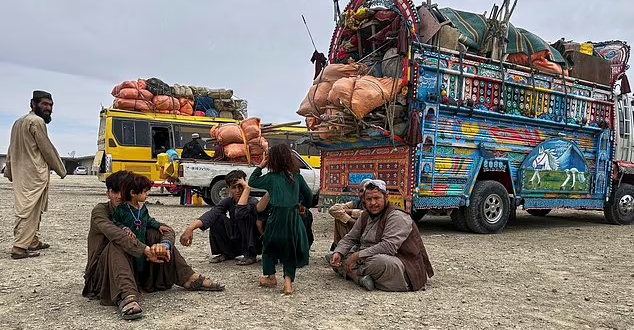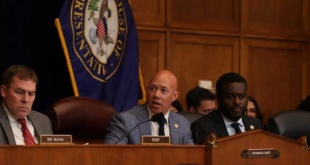KABUL – The United States has reversed a series of cuts to emergency food aid programs in several nations, but Afghanistan and Yemen, two of the world’s poorest and most war-ravaged countries, remain excluded from the restoration. This decision comes after a wave of abrupt cancellations of U.S. foreign aid contracts, notably through the U.S. Agency for International Development (USAID), and has sparked both praise and criticism.
The State Department confirmed on Wednesday that the U.S. has reinstated support for food programs in countries such as Somalia, Syria, Lebanon, Jordan, Iraq, and Ecuador. However, despite lobbying efforts and concerns from global humanitarian groups, no such reversal was made for Afghanistan and Yemen. The fate of aid in several other nations remains uncertain.
In response, USAID officials, including Jeremy Lewin, indicated that some of the terminations would be reconsidered following backlash and reports from media outlets. Secretary of State Marco Rubio, alongside other senior officials, had previously promised that critical aid programs would be spared from cuts, but these new developments suggest a shift in priorities.
The cuts to Afghanistan and Yemen come amid concerns that some aid may have inadvertently supported groups such as the Taliban in Afghanistan and the Houthis in Yemen. A U.S. government watchdog report from 2024 indicated that contractors in Afghanistan paid millions in taxes and fees to the Taliban, raising red flags over the allocation of funds.
The U.S. has long been the largest donor to the U.N. World Food Program (WFP), and the recent decision to pull funding from Afghanistan and Yemen is expected to have a dire impact on millions of vulnerable people. According to WFP assessments, approximately 2 million people in Afghanistan and 2.4 million in Yemen will lose critical food assistance, while the nutrition support for thousands of children and mothers will also be suspended.
This decision to cut aid, particularly in conflict zones like Afghanistan and Yemen, is being met with fierce criticism from international aid groups. Experts warn that it could exacerbate existing crises, destabilizing already fragile regions and deepening the suffering of millions of refugees and displaced people.
Senator Jeanne Shaheen of New Hampshire, who chairs the Senate Foreign Relations Committee, has called for the restoration of funding to these critical programs, arguing that the cuts will undermine America’s global standing.
Global humanitarian leaders, including Nathaniel Raymond from Yale University, have expressed concern that the cuts will undo decades of progress in alleviating hunger and poverty in some of the world’s most affected areas. The ongoing conflict and humanitarian crises in Afghanistan and Yemen continue to place millions at risk, with the U.S. decisions casting a long shadow over future relief efforts.
 Afghanistan Times
Afghanistan Times




